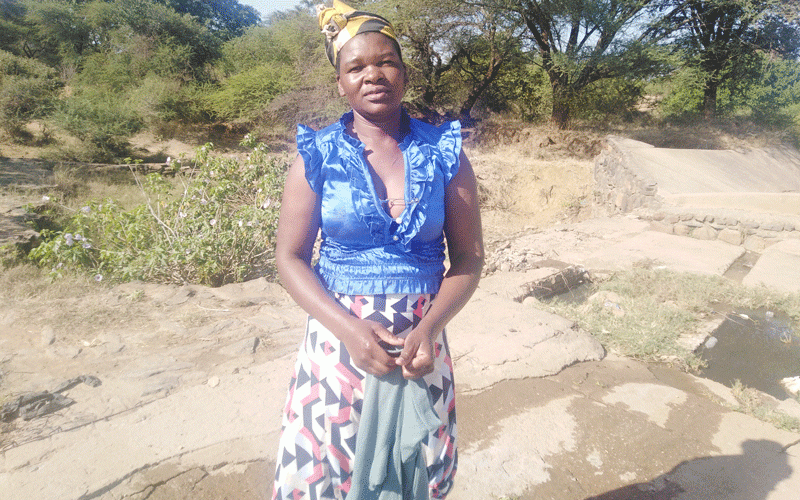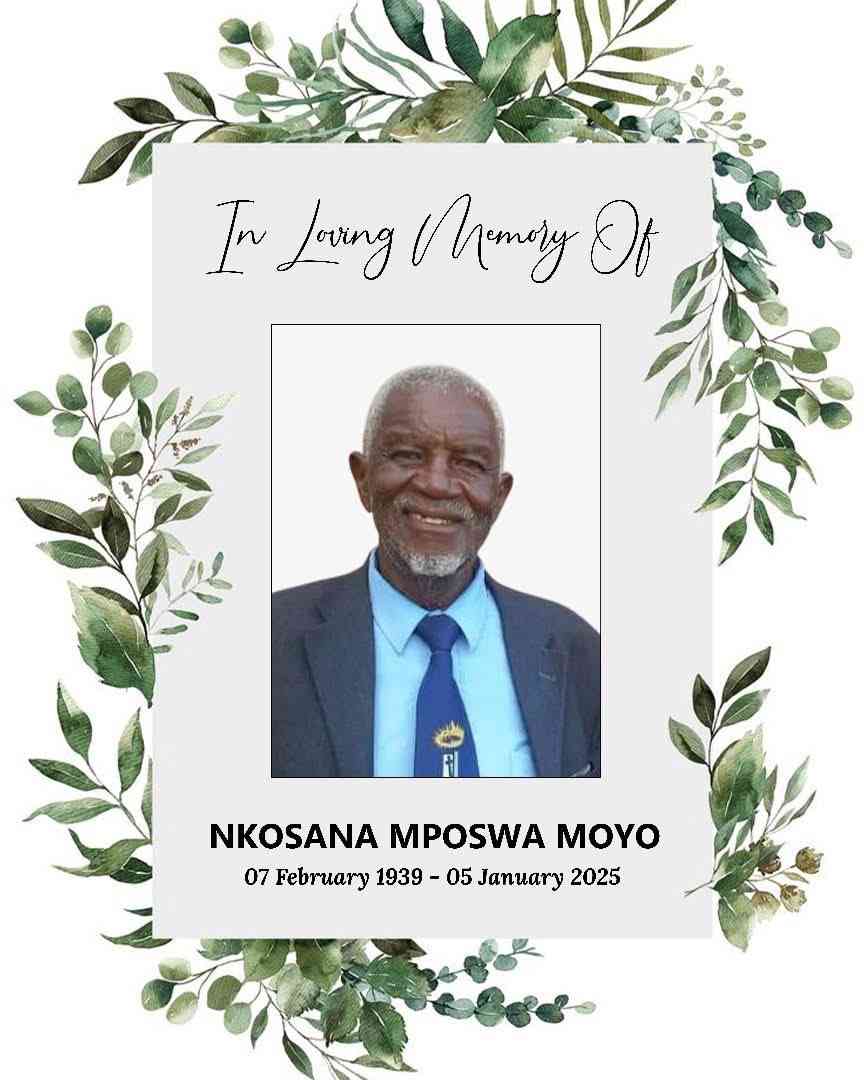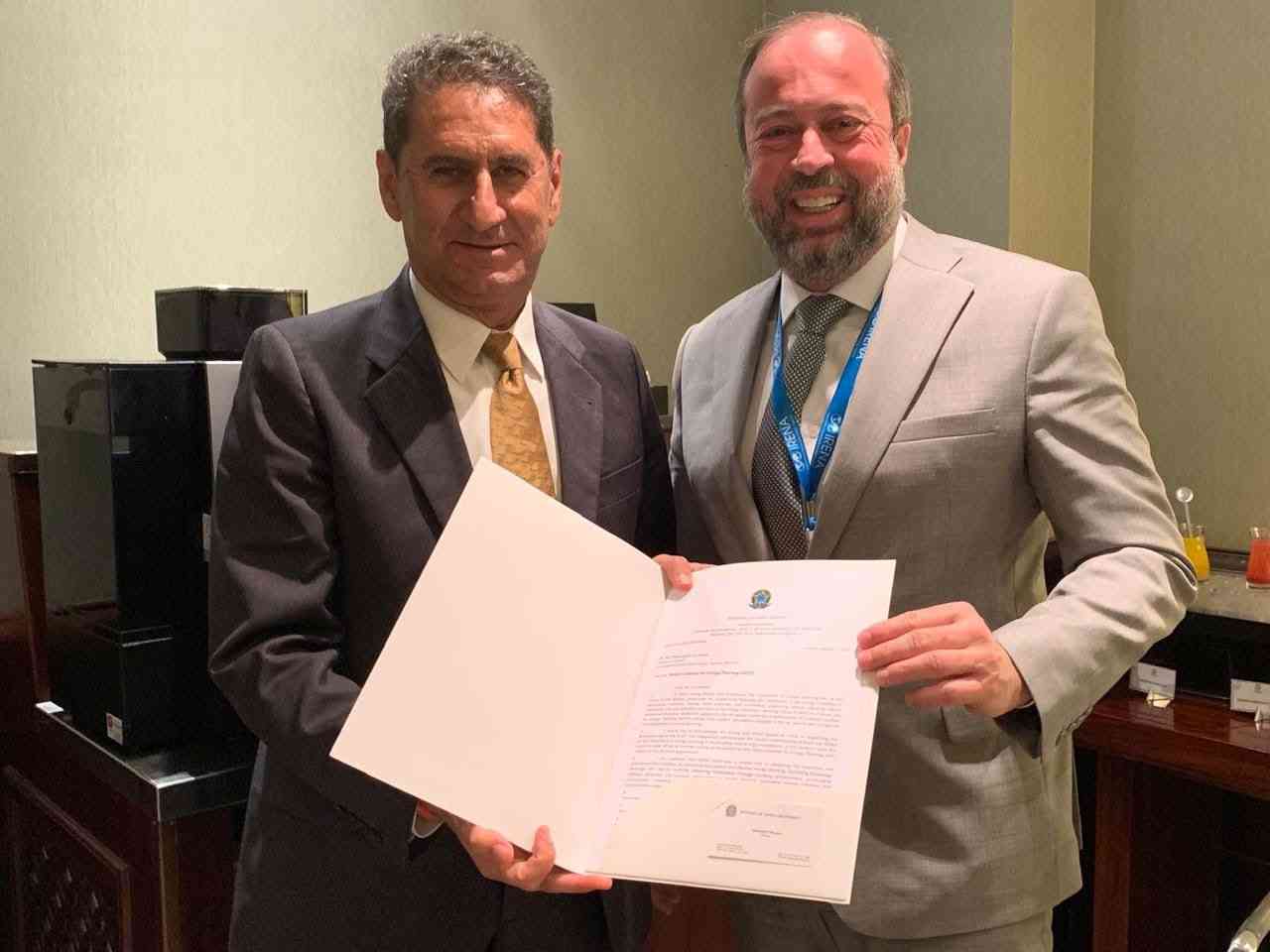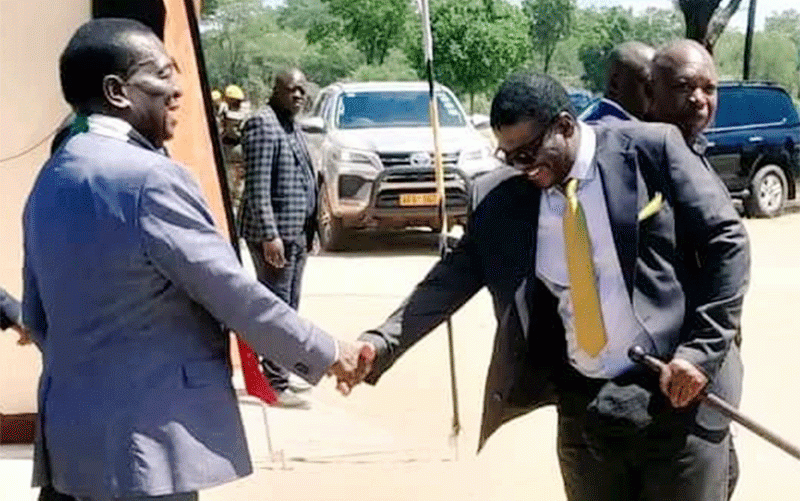
After the death of her husband in 2021 Simochiwa Mugadzi (38) left her in-laws’ home in Mutoko, Mashonaland East province to stay with her family in Mwenezi district, Masvingo province.
A mother of three, Mugadzi was ejected from her home in Mutoko by her in-laws after she refused to marry one of her husband’s brothers.
She also lost her field and a garden, forcing her to retrace her roots.
However, it has not been a stroll in the park for Mugadzi to secure a piece of land in her community of origin, Mharadze village in Mwenezi district’s ward 8 to do what she loves best – farming.
She has been treated like a second-class citizen, all because she is a woman.
“When I came back, I presented my case to my family and I told them that I was here for good,” Mugadzi told The Standard recently.
“From the look on their faces, it was hard for them to accept that I wanted a place to build my own home.
“Instead, they were expecting me to tell them that I wanted to remarry or I was going to South Africa to look for a job just like what most single mothers are doing.
- 2 Mutoko men jailed over pangolin
- Two jailed for trying to smuggle lithium ore to SA
- Letters: Quality maternal healthcare remains a pipe dream
- Unknown side of food processing, value addition in African countries
Keep Reading
“I vehemently told them that I wanted a piece of land to build my home and somewhere to grow crops.”
It was through the intervention of her mother that her father and village elders gave her a small piece of land where she is building her home.
“It’s very small portion where you can’t even grow crops,” she said.
“For the past two years, it has been difficult to access land where I can farm, even a small garden where I can grow vegetables.
“If an opportunity comes, I am prepared to go and settle in those resettlement areas and grow crops.”
Zimbabwe has ratified various international conventions and declarations on gender equality — the Convention on the Elimination of All Forms of Discrimination against Women (Cedaw of 1979, the Beijing Platform for Action (1995) and the Sadc Gender and Development Declaration (1997).
The Beijing Platform for Action affirmed that women’s right to inheritance and ownership of land and property should be recognised, while Cedaw provides a universal basis for promoting women’s rights as human rights, referring to women’s rights to equal treatment in land and agrarian reform processes.
At home, the country has put in place various national legislative instruments aimed at guaranteeing women’s legal and constitutional rights and these include the Zimbabwe Gender Commission Act (Chapter 10:31).
Despite the constitution outlawing violation of an individual’s rights to land or property on the basis of gender, Mugadzi and most women in Zimbabwe are not able to inherit family estates and property, because of a dominant patriarchal value system.
She is among hordes of women who lack access and control over natural resources due to the absence of secure tenure rights.
According to the Office of the High Commissioner for Human Rights, globally women make up an average of less than 20% of the world’s landholders, but make up an estimated 43% of the agricultural labour force.
Mugadzi’s situation is exacerbated by the fact that Mwenezi district lies in the semi-arid agro-ecological region five, which makes it susceptible to droughts.
Without access and control over land, Mugadzi and many other women in the district are less resilient to climate shocks.
“I can’t even grow vegetables since I don’t have that land because I am a woman,” she said.
“If we had a garden, we would grow vegetables and improve the nutrition of my children.
“We buy vegetables from those that have gardens and it’s not sustainable considering that I am an unemployed widow.”
Mugadzi’s sentiments were also echoed by Ester Mukiwa (49) of Gara village, who said despite having a place to grow crops, she was not entitled to that piece of land.
“I grow crops on someone’s land and that person can come anytime to claim it,” she said.
“As women, we play second fiddle to men when it comes to land rights.
“We don’t have access to land and other natural resources.
“Even wells where we fetch water are owned by men.
“I have seen a lot of women losing pieces of land when their husbands die.”
However, for Davidzo Machipisa of Gara village, it took gender sensitisation workshops for her husband to give her a piece of land where she grows vegetables for her family.
“It’s my vegetable garden, thanks to my husband who lately has attended a number of gender sensitisation workshops,” she said.
“I grow crops and I sell the surplus.
“That money we realise from the sale of crops helps the family in many ways.”
Machipisa said it was high time her community embraced women’s land rights as a tool to mitigate and adapt to climate change impacts.
“As women we heavily rely on land resources and if we fail to access these resources we become vulnerable to droughts, like here in Mwenezi,” she said.
Siboni Sairayi, a mother of five who lives in Shumba village in Mwenezi ward 14, said ownership of land empowers them and provides income and security.
“We envisage a situation where women are the custodians of land since they are the ones that feed their families,” she said.
“We hope that this water project and subsequent garden project would be left in the hands of women.
“We want a situation where we are given a piece of land exclusively for women.”
Sixty-two-year-old John Chitoro, who is the head of Chitoro village said as a community they were trying to break the gender gap between women and men and girls and boys in the community.
“We have had a lot of training around gender issues and as traditional leaders we are also in support of women empowerment programmes, especially on the access to land and other natural resources,” Chitoro said.
The United Nations Sustainable Development Goals (SDGs), which guide development efforts, recognise the importance of land and property rights for women, especially in rural areas.
The SDGs have set targets so “all men and women have equal rights to ownership and control over land by 2030” and a linked target of doubling “the agricultural productivity and incomes of small-scale food producers, especially women”.
According to research by the World Bank and the UN’s Food and Agriculture Organisation, land gives women access to capital, bargaining power in family disputes, freedom to leave abusive marriages and, especially in rural areas, a clear path to making a contribution to the economy.
Women in Land Zimbabwe national coordinator Thandiwe Chidavarume said women's land rights can be used as a tool to mitigate and adapt to climate change impacts.
“If you have land, you can grow a wide range of crops, be it shot grain varieties of cowpeas, among other drought resistant crops,” she said.
“With enough land people can build water weirs or earth dams that can be used for watering gardens, which is another climate change resilient strategy.”
Chidavarume said her organisation was making efforts to have land gender imbalances addressed through a cocktail of strategies that include gender sensitisation engagements with communities and lobbying for policies that are responsive to the specific needs of women.
“As Women in Land Zimbabwe, we continue to lobby for women’s access to ownership and control of land so that they respond to climate change,” she said.
“We also do women empowerment programmes since we see land as a form of capital for women.”
She said her organisation was doing gender sensitisation workshops with traditional authority structures with the aim of transforming rural communities to be more sensitive to women's economic and social rights as well as gender equality and equity issues.
Natural resources governance and climate change expert Tapuwa O’bren Nhachi said land rights played a key role in addressing the climate crisis.
“Billions of peoples’ rights to land and resources they live on and manage are unrecognised,” Nhachi said.
“This insecurity undermines global efforts to protect, sustainably manage, and restore ecosystems essential to the realisation of global climate, biodiversity, and sustainable development goals.
“While there is growing acceptance of the importance of land rights, those of millions of local communities including those in Zimbabwe, who customarily hold and use land through community arrangements as opposed to individual land ownership, are often overlooked, but they have the practical knowledge to sustainably use and preserve the land.
“These communities have long stewarded many of the community's forests and biodiversity hotspots without any help from modern technology.”
Nhachi said promoting and advancing women’s access to the use and control of productive resources (land, finance and technology, among others) would go a long way in enhancing grassroots women’s engagement in climate solutions and resilience building since they were the custodians of the land.
Women Affairs, Community, Small and Medium Enterprises Development minister Sithembiso Nyoni said the government was obliged to respect women’s land rights.
“Women’s land rights are human rights and as such the government respects, fulfills and protects the rights to land,” she said.
Nyoni said the government had been aligning policies and laws with international commitments and continues to expand support to women in many areas, including land.
*This article was produced with support from Internews under the Advancing Rights in Southern Africa human rights programme.










